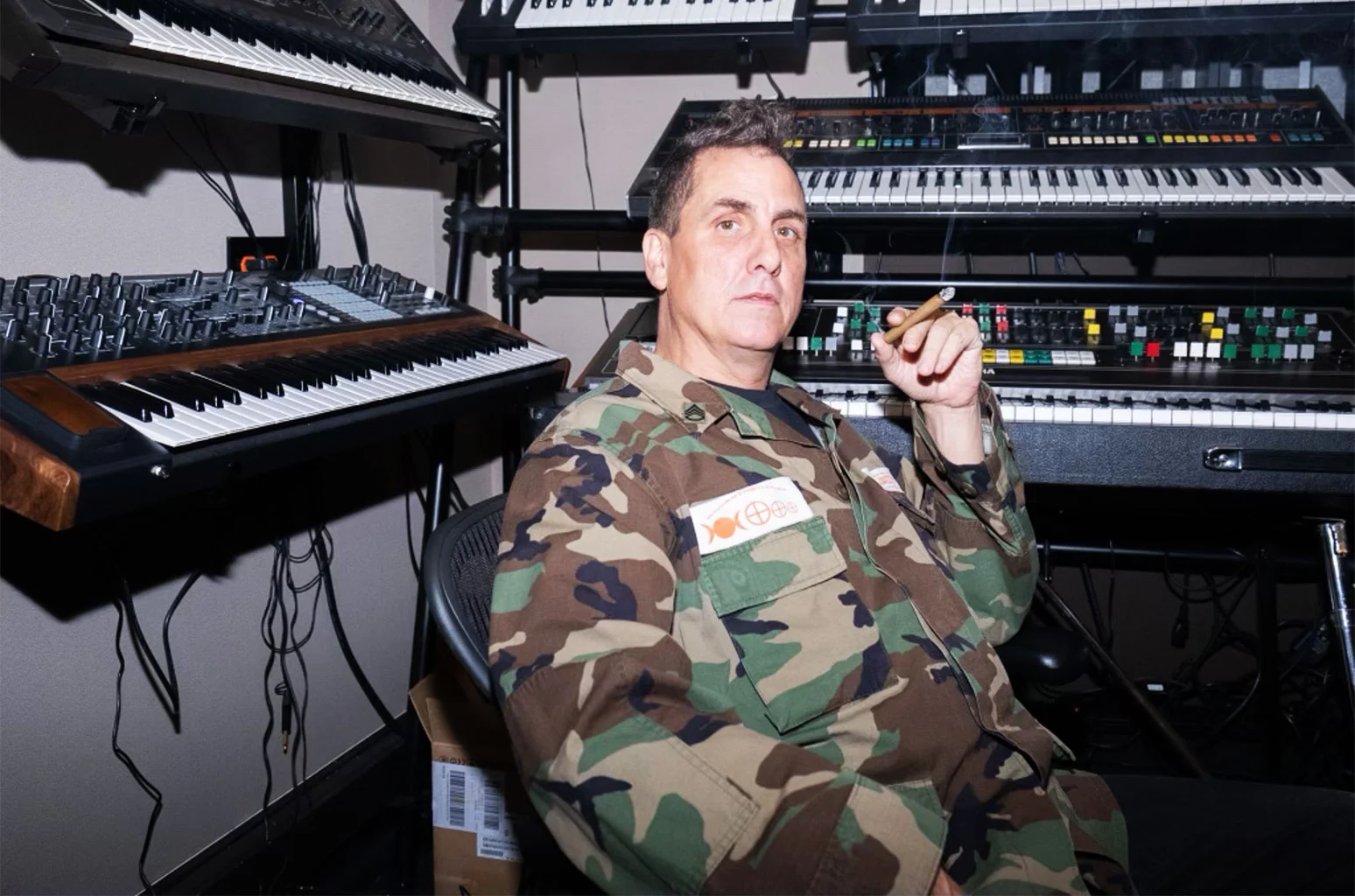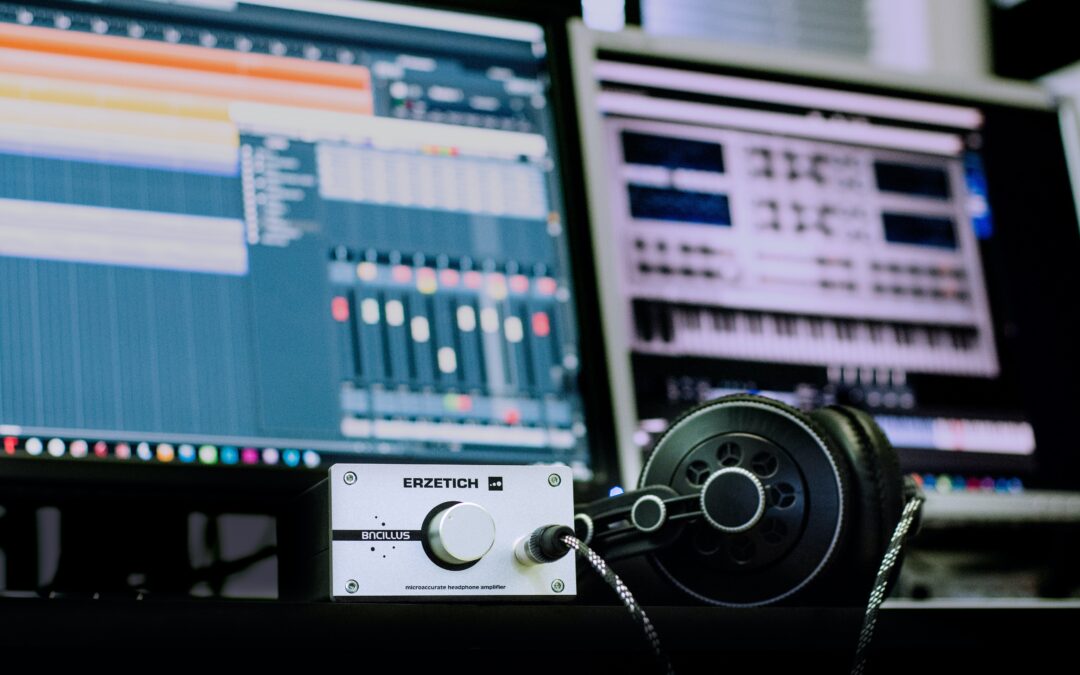Introduction
In the vast world of music creation, two integral roles drive the production process: music producers and audio engineers.
These professionals play a pivotal role in shaping the final sound and overall quality of a musical masterpiece. While their roles are interconnected, they each bring a unique set of skills and expertise to the table.
In this blog post, we will explore the distinctions between music producers and audio engineers, delve into their career paths, and showcase examples from popular music to better understand their significance in the industry.
Defining the Roles
Music Producer:
A music producer is akin to a director in the movie industry, overseeing the entire creative process of a musical project. They work closely with artists and musicians to translate their artistic vision into reality.
A music producer’s responsibilities include selecting songs, arranging compositions, guiding vocal performances, and providing creative input to achieve a cohesive sound.
For instance, Max Martin, a renowned music producer, has played a pivotal role in shaping the careers of several pop icons like Britney Spears, Taylor Swift, and The Weeknd.
His ability to craft catchy hooks and infectious melodies has made him one of the most sought-after producers in the industry.
Audio Engineer:
On the other hand, an audio engineer is responsible for the technical aspects of recording, mixing, and mastering the music.
They possess an in-depth understanding of audio equipment, recording techniques, and signal processing to ensure optimal sound quality. Audio engineers use their expertise to capture the essence of performance and enhance it through the production process.
An excellent example of a legendary audio engineer is Geoff Emerick, who worked extensively with The Beatles.
His innovative recording techniques and experimental approaches revolutionized the way music was recorded and produced during the 1960s.
Educational Paths and Skill Requirements
Music Producer:
While formal education in music production can be beneficial, many successful music producers have developed their skills through hands-on experience and real-world projects.
Having a deep understanding of music theory, arrangement, and composition is essential for a music producer. Moreover, proficiency in industry-standard software and equipment, such as digital audio workstations (DAWs) and synthesizers, is vital to stay relevant in the fast-paced music industry.
For instance, Pharrell Williams, a celebrated music producer, started his career as a young musician and songwriter.
Over time, he honed his production skills and became a sought-after producer, crafting chart-topping hits for artists like Beyoncé, Daft Punk, and Robin Thicke.
Audio Engineer:
Audio engineering is a highly technical field that demands specialized knowledge and skills.
Pursuing a degree in audio engineering or a related field can provide a solid foundation in sound recording, acoustics, and signal processing.
Audio engineers must be proficient in using various recording equipment, mixing consoles, and audio plugins to achieve the desired sonic results.
Chris Lord-Alge, an esteemed audio engineer, is renowned for his impeccable mixing skills. His ability to balance elements within a mix has made him a go-to engineer for many rock and pop artists, including Green Day, Muse, and My Chemical Romance.
Career Opportunities and Industry Demands
Music Producer:
Music producers have diverse career opportunities that extend beyond traditional studio settings. They collaborate with artists, songwriters, and record labels to create commercially successful music.
Additionally, they can venture into film, TV, and video game production, lending their expertise to various media projects.
Rick Rubin, an iconic music producer, has successfully produced albums across multiple genres, working with artists like Johnny Cash, Beastie Boys, and Red Hot Chili Peppers.
His versatility and unique approach to production have earned him numerous accolades and respect in the industry.
Audio Engineer:
Audio engineers find employment in recording studios, live events, broadcast media, and post-production houses.
Their technical expertise is crucial for achieving high-quality recordings and ensuring a seamless audio experience during live performances.
Sylvia Massy is a trailblazing audio engineer known for her unconventional recording techniques.
She has worked with bands like Tool and System of a Down, using unconventional methods such as recording drums in a water tank or suspending a microphone from the ceiling to achieve distinct sonic characteristics.
The Creative Process: Collaboration and Conflict Resolution
The relationship between music producers and audio engineers is symbiotic, with both roles complementing each other’s strengths.
While producers focus on the artistic vision and overall direction of the project, audio engineers ensure that the technical aspects align with the creative goals.
Successful collaborations between producers and engineers can be found in various music genres.
For example, in hip-hop, the collaboration between Dr. Dre (music producer) and Jimmy Douglass (audio engineer) resulted in critically acclaimed albums for artists like Eminem and 50 Cent.
Their ability to bring out the best in each other’s skills led to groundbreaking records that continue to influence the industry.
Check out: 10 Best Music Production Books for Beginners in 2023
The Studio Environment: Roles and Responsibilities
Music Producer:
In the studio, music producers wear multiple hats, acting as mentors, motivators, and creative guides for the artists. They lead recording sessions, providing direction to musicians and vocalists to achieve the desired performance.
During post-production, they carefully curate the recorded material, making crucial decisions on song arrangement, instrumental layers, and overall sound.
For instance, Brian Eno, a prominent music producer, is known for his ambient music and experimental approach to production.
His work with artists like U2 and David Bowie showcases his ability to create immersive and thought-provoking sonic landscapes.
Audio Engineer:
Audio engineers handle the technical aspects of the recording process, ensuring that the sound is captured with precision and clarity. They are responsible for setting up microphones, adjusting levels, and using various techniques to achieve optimal audio quality.
During mixing and mastering, they fine-tune the individual elements of the recording to achieve a balanced and polished final product.
Daniel Lanois, an accomplished audio engineer, has worked with renowned artists like Bob Dylan and Neil Young.
His distinctive approach to engineering, which involves using unconventional recording spaces and vintage equipment, has contributed to the unique character of the albums he has worked on.

Music Production juggernaut Mike Dean in the studio
The Impact of Technology on Music Production and Engineering
Advancements in technology have significantly influenced the way music is produced and engineered.
Digital audio workstations (DAWs) have revolutionized the recording process, making it more accessible and flexible. Plugins and virtual instruments have expanded the creative possibilities for both music producers and audio engineers.
Moreover, technology has enabled remote collaboration, allowing producers and engineers to work with artists from different parts of the world.
Virtual studios and cloud-based production tools have facilitated seamless communication and file sharing, breaking down geographical barriers and broadening opportunities for collaboration.
The Future Outlook for Producers and Engineers
As the music industry continues to evolve, music producers and audio engineers must stay adaptable and embrace new trends and technologies.
The rise of streaming services and digital platforms has reshaped music consumption, demanding innovative approaches to music production and engineering.
In recent years, genres like electronic dance music (EDM) and various forms of electronic and hip-hop have gained immense popularity.
Music producers and audio engineers in these genres have harnessed the power of digital technology to create groundbreaking sounds and redefine the boundaries of traditional music production.
Check out: The Benefits of Attending Music Production Conferences and Events
Conclusion
In conclusion, music producers and audio engineers are indispensable figures in the music industry, each contributing unique skills to bring artistic visions to life.
Their creative collaboration shapes the soundscapes we enjoy and leaves an indelible mark on the cultural landscape.
While music producers focus on the artistic direction, audio engineers ensure technical excellence, resulting in memorable and captivating musical experiences.
As we look ahead, the future of music production and engineering appears bright and promising.
The passion, talent, and innovation of these professionals will continue to shape the soundscape of the music industry, creating unforgettable experiences for music lovers across the globe.






